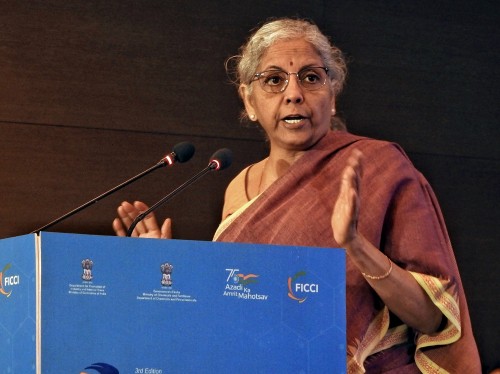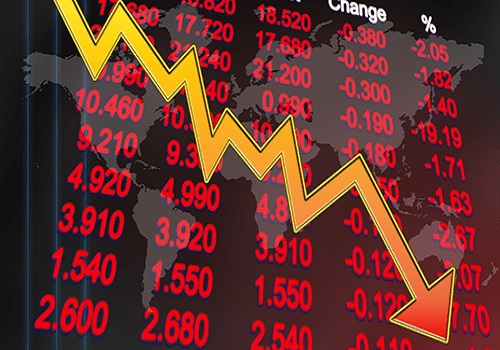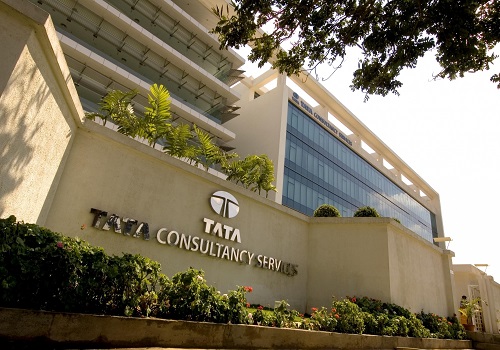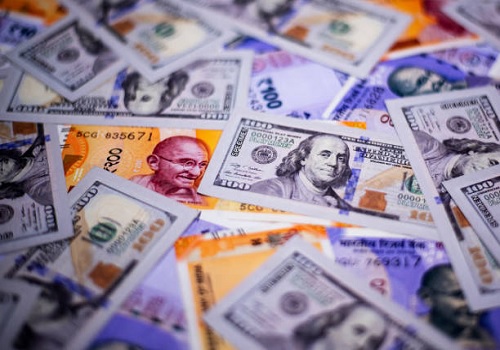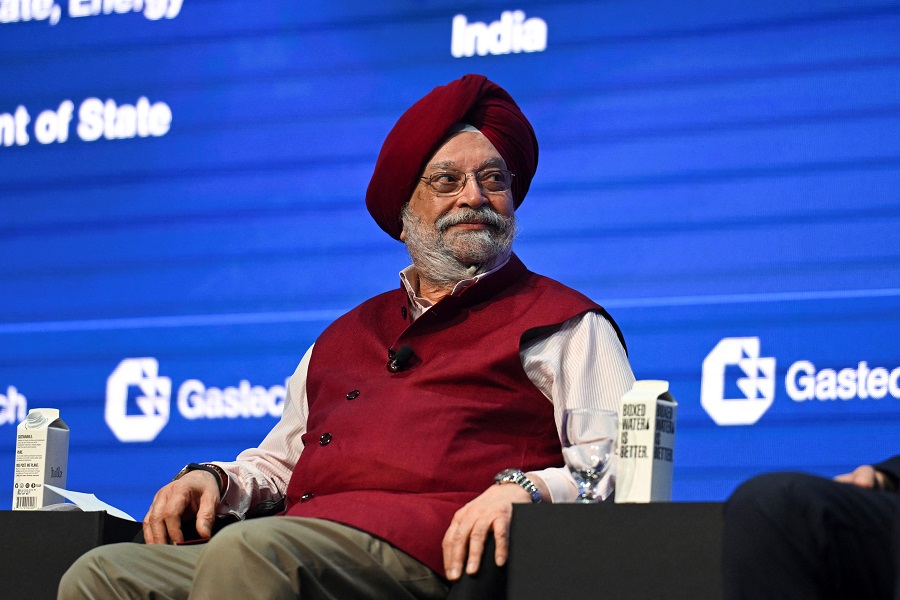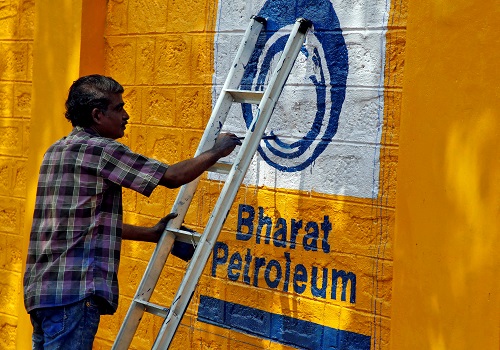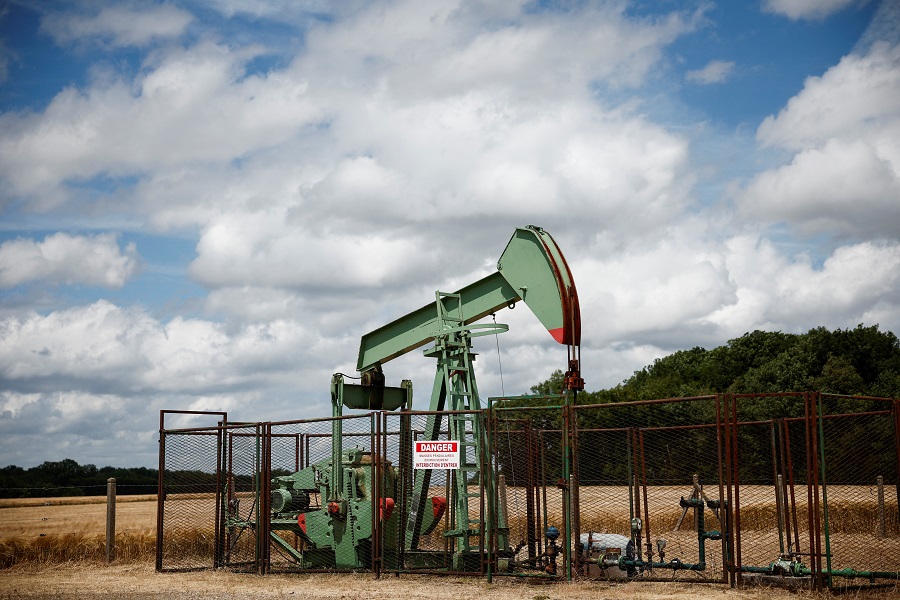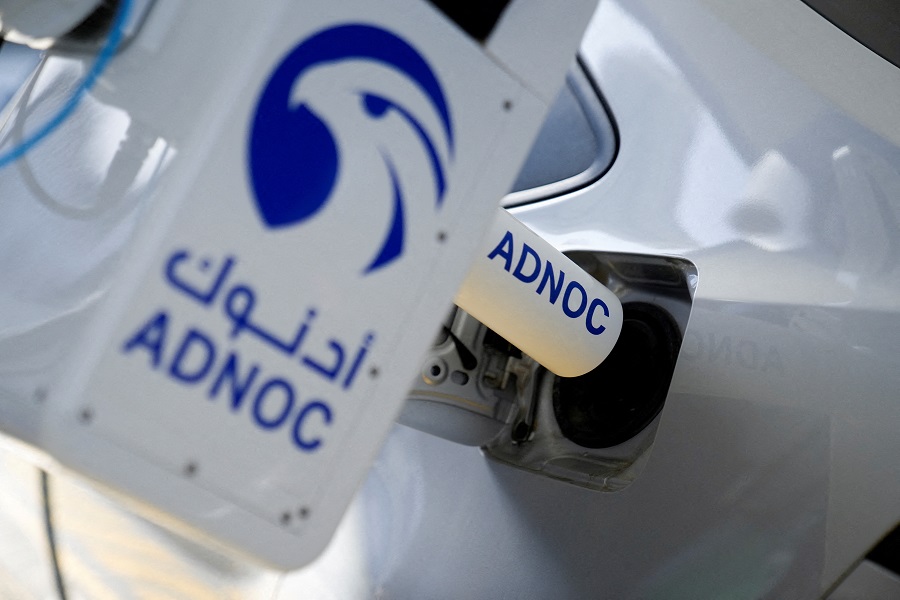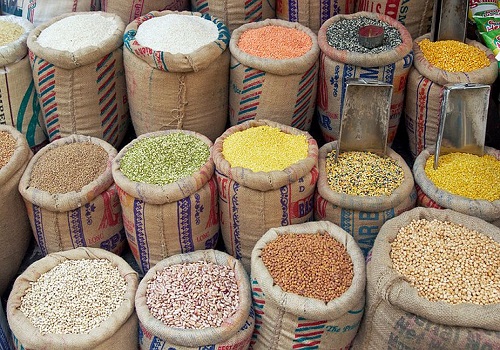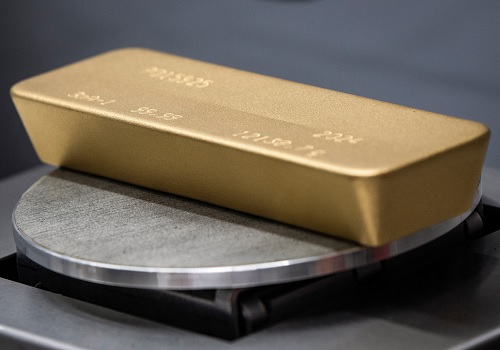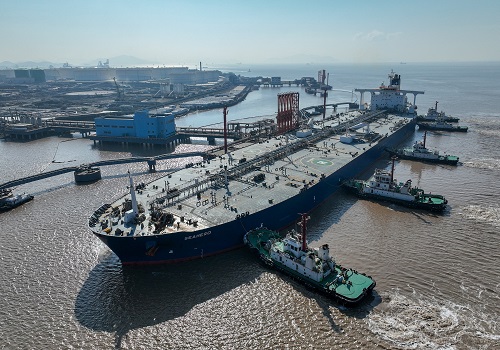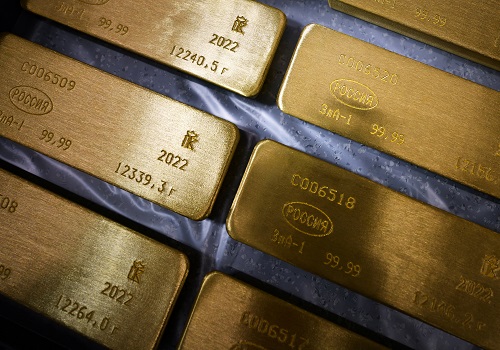Oil prices climb amid uncertainty over Iran president`s fate, Saudi King`s health
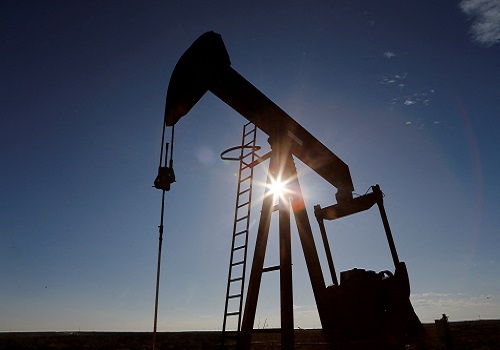
Oil prices extended gains on Monday, inching up amid political uncertainty at major producing countries after Iran's president was feared dead in a helicopter crash and the Saudi crown prince cancelled a Japan trip, citing health issues with the king.
Brent gained 32 cents, or 0.4%, to $84.30 a barrel by 0240 GMT, its highest since May 10. U.S. West Texas Intermediate crude (WTI) rose 5 cents to $80.11 a barrel, after hitting $80.23 earlier, the highest since May 1.
A helicopter carrying Iranian President Ebrahim Raisi crashed on Sunday, Iranian officials said. Hopes are fading that Raisi and foreign minister Hossein Amirabdollahian survived the crash in mountainous terrain and icy weather, an Iranian official said on Monday after search teams located the wreckage.
Separately, Saudi Arabian Crown Prince Mohammed bin Salman postponed his visit to Japan, scheduled to begin on Monday, because of a health issue with King Salman, said Japan's Chief Cabinet Secretary Yoshimasa Hayashi.
Saudi Arabia's state news agency on Sunday reported that 88-year-old King Salman will undergo treatment for lung inflammation.
"If the father's health is failing, it adds to the layer of uncertainty already circling energy markets this morning following the news that the Iranian President is missing," IG Markets analyst Tony Sycamore said.
He added that WTI prices may rebound further toward $83.50 after rising above the 200-day moving average of $80.02.
"I do think there are enough reasons out there for this to happen, more so when you factor in China property measures announced last week, including relaxing mortgage rules, lowering deposits, and buying unsold homes," Sycamore said.
Brent had ended the previous week up about 1%, its first weekly gain in three weeks, while WTI rose 2% on improved economic indicators from the U.S. and China, the world's largest oil consumers.
Despite the volatility in the region, oil prices moved only slightly.
"The oil market remains largely rangebound and without any fresh catalyst we will likely have to wait for clarity around OPEC+ output policy in order to break out of this range," said Warren Patterson, head of commodities strategy at ING.
The Organization of the Petroleum Exporting Countries and allies, together called OPEC+, are scheduled to meet on June 1.
"The market also appears increasingly numb to developments on the geopolitical front, likely due to the large amount of spare capacity OPEC is sitting on," Patterson said.
Saul Kavonic, an energy analyst at MST Marquee, said the market and industry are already accustomed to Crown Prince Mohammed Bin Salman's leadership in the energy sector.
"Continuity in Saudi strategy is expected regardless of this health issue," he added.
In the United States, Washington took advantage of the recent drop in oil prices, saying late last week it had bought 3.3 million barrels of oil at $79.38 a barrel to help refill its Strategic Petroleum Reserve after a massive sale from the stockpile in 2022.
Supporting the market last week, signs of easing inflation in the U.S. boosted expectations of interest rate cuts, which could decrease the value of the dollar and make oil cheaper for holders of other currencies.













